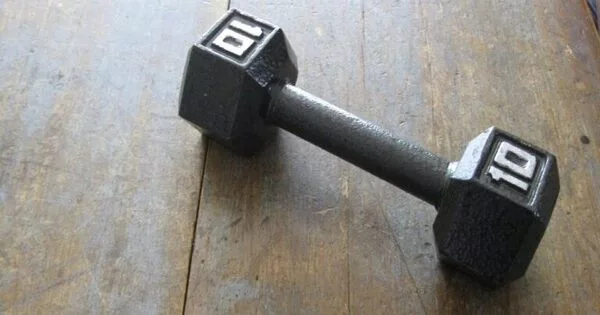Warming up has long been known to provide numerous advantages for athletes and those who participate in physical activity. It aids in the preparation of the body for exercise by boosting blood flow to the muscles, raising body temperature, and increasing muscle flexibility, all of which can contribute to enhanced performance and a lower chance of injury.
Researchers used sophisticated microscopical techniques to study the effect of increased cell temperature on the contractility of skeletal and cardiac muscle. The findings showed that skeletal muscle is more sensitive to temperature rises than cardiac muscle and that heating can quickly activate skeletal muscle contractile proteins, enhancing muscular performance.
Everyone understands the significance of warming up your muscles before a workout. But what really happens when we warm up our muscles, and are all muscles the same? You may be shocked to learn that the science behind this commonplace action has not always been obvious.
In a recent study published in the Journal of General Physiology, a multi-institutional research team led by Osaka University, The Jikei University School of Medicine, and the National Institutes for Quantum Science and Technology revealed how heating affects muscle contraction and how this may benefit populations in need of improved exercise performance.
Our findings point to differences in the temperature sensitivity of proteins responsible for contraction in skeletal vs. cardiac muscles. Basically, the skeletal muscle that moves our body around is more sensitive to heating than the heart.
Kotaro Oyama
Skeletal muscle contracts in response to nervous system electrical signals, which activate proteins in muscle cells and allow humans to move. The researchers previously investigated how temperature affects cardiac muscle contractions, discovering that our hearts can contract efficiently within the body temperature range.
The researchers next used muscle proteins and sophisticated microscopy to assess how temperature affects skeletal muscle: do skeletal muscles have similar temperature sensitivity to heart muscles, or are they different?
The research team found that some of the proteins in the muscle cells act as temperature sensor and that heating affects skeletal and cardiac contractile systems differently. “Our findings point to differences in the temperature sensitivity of proteins responsible for contraction in skeletal vs. cardiac muscles,” says co-lead author Kotaro Oyama. “Basically, the skeletal muscle that moves our body around is more sensitive to heating than the heart.”

When the functional difference between skeletal and cardiac muscle is evaluated, the physiological relevance of these observations becomes evident. While skeletal muscle only creates a specific amount of force when needed, the heart is designed to beat continually.
“The higher temperature dependence of skeletal muscle may allow it to contract relatively quickly upon warming up, even from slight warming due to light movement or exercise. This means that the muscle can conserve energy and rest when not required. In contrast, the heart’s lesser temperature sensitivity may be useful for maintaining a continuous beat regardless of temperature,” adds co-lead author Shuya Ishii.
This study sheds fresh light on how warming up before exercise improves muscle performance at the protein level. The revelation that certain muscle proteins operate as temperature sensors could lead to a new hyperthermia method in which skeletal muscle performance is increased by warming the muscle. Incorporating suitable warm-up practices into the daily lives of persons, particularly the elderly, may improve muscle and exercise performance, lowering the risk of injury and assisting in the maintenance of independence.
















